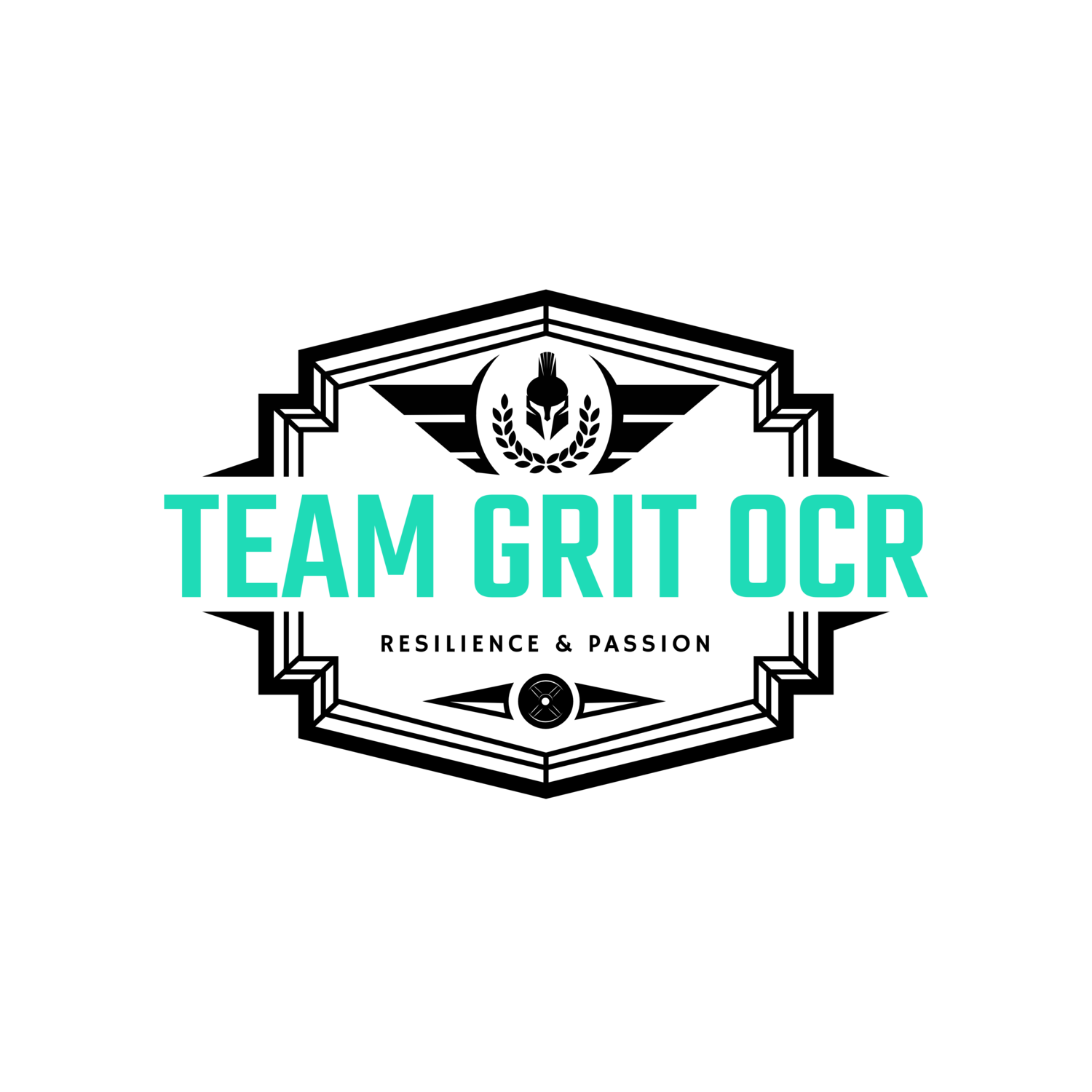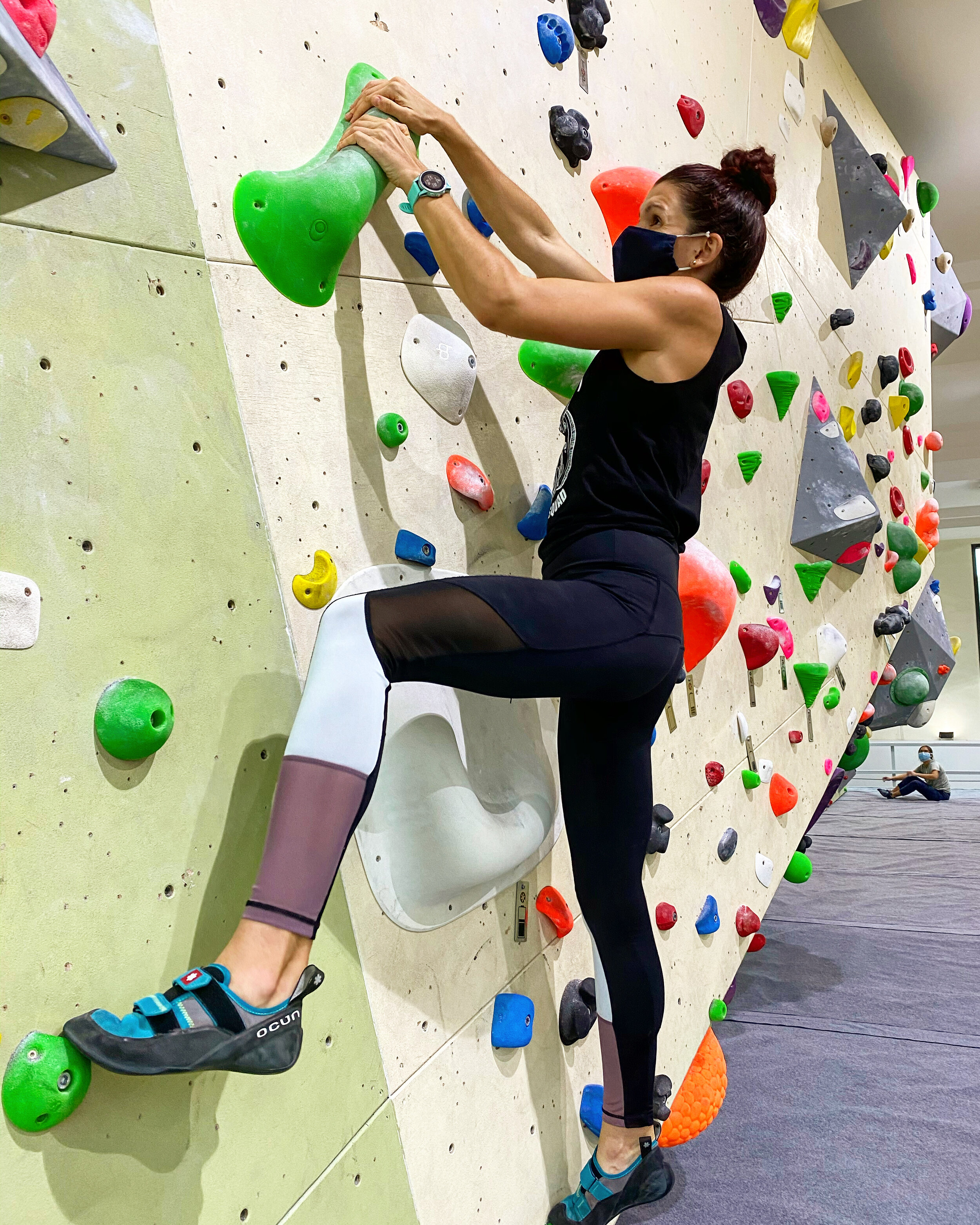During lockdown, I got into a great place with my training. I thought I would really struggle when the gyms closed but actually, when presented with the opportunity to work from home and run my own schedule, I found I quickly adapted to being the best version of myself. I woke up, completed a ROMWOD with Sean, did my work, hit a lunchtime run, finished my workday then started my training. I had no distractions or things to keep me out late in the evening so I ate well, got plenty of sleep, and found a great balance between training hard and recovering even better. It allowed me to increase my training load and as a result, I was hitting PBs, I felt like I had finally found the best balance and I felt like an athlete. There were obviously things and people I missed dearly but in terms of training, I was pretty chuffed. But sadly, it didn’t last...
A few weeks ago we came out of lockdown in Singapore and I went back to work. I also took on an extra role which threw me into a totally new situation, one that was incredibly stressful and left me working till 11 pm most nights; my training unsurprisingly took a nosedive. I got so stressed out one day that I actually got a nose bleed and within a few days my Oura ring was repeatedly telling me my HRV was lower than I’d ever seen it before. Every time I tried to battle through a training session my times were slow, my HR was far too high and I just felt like a continual failure in every way. I had found out how well I could train and being so stressed felt awful in comparison. As the weeks passed I felt more and more despondent with my training and I lost the sense of my logical brain. I knew really that I had not undone years of fitness in a few weeks but it was hard to rationalise it when I was so tired and I was performing so poorly.
In the past, I would have forced myself to keep training and would have inevitably pushed myself to an injury. This time round I have managed to acknowledge my feelings, reflect on them, and crawl out the pit of despair I’d been feeling. I am not back to full training yet but I am feeling better. The most interesting thing is that I have chatted with a few people and it surprised me to see that many people were having similar issues returning to work and staying on top of their training and mindset, especially in areas where races don’t seem to be returning anytime soon. So, I thought I’d take the time to write down a few of the things that have helped me get back on track, in case you are also feeling like you’ve fallen off a fitness cliff right now.
Find acceptance in the state you are in, but know it will not last forever.
The reason you are struggling to stay on top of your training may be out of your control right now. It might be pressures from work, family-related, or due to COVID19. Whatever the reason, it will not last forever so make sure you remind yourself of that when your irrational brain kicks in to tell you that your fitness is gone forever. I instantly fall into the trap of ‘oh my god I will never get my fitness back’ but just like you didn’t gain it overnight, you also won’t lose it. Keep reminding yourself that things are temporary and focus on getting back to a point that you are happy with.Train for what your body needs right now, not what you think it should be doing.
I used to stick to the training plan and ignore whatever aches and injuries my body was feeling because I felt that training harder was smarter. I have come such a long way since then and I am very lucky to have a coach who knows me inside out and can tell when I need to back off (Sean uses True Coach with all of his clients which allows me to leave detailed notes on each session and he uses this information coupled with my workout readouts from Garmin to update in real-time for changes that need to be made). I also have an Oura ring which helps me to see when I should be pushing and when I need to rest (You can read my full review here). These things combined have really helped me to be more confident in knowing when I need to push and when actually I will benefit from another day of rest or swapping a track session for an easy run. If you don’t have a coach that’s fine, but make sure you are honest with yourself in how you are feeling. I find keeping a journal with my daily training and sleep is handy for this too.
Bouldering is a great form of lower intensity exercise and perfect for building that grip strength!
3. Find a way to focus on the positives and celebrate the small wins.
Rather than thinking about all the ways that you’re not performing right now like you were at the peak of your fitness, instead, focus on the gains you have made long term and continue to reflect on these. Where possible focus on the small wins you have made. You might be knackered from work but you still found the time to get out and train anyway, take the time to celebrate this. A positive mindset brings with it positive change so don’t compare your times to the best 5km time you ran because your body/mind isn’t set up for that at the moment. Instead set yourself some small, manageable goals that you can be working towards for now. This will help keep you on track and will give you a sense of accomplishment when you achieve them which will inspire you to keep going.
4. Focus on rest and recovery - it will minimise your risk of injury.
Seeing the data from my Oura ring and working closely with The Stretch Clinic has shown me how much mental stress can have an impact on your physical health so it is no wonder we end up getting injured and not performing at our best when we are run down or feeling overwhelmed with life. Be brave enough when you are tired or things aren’t going your way to add in extra rest days and be willing to swap your training to LIIT or recovery-based activities like yoga and stretching. At the end of the day, you won’t gain any wins from pushing your body beyond what it is ready for right now and you will end up with an injury that will be even more frustrating when you feel ready to train but you can’t do so.
One of my favourite ways to optimise my recovery is to use my Recovery Systems every day.
If you want to find out more about them you can do so here:
https://recoverysystemssport.com/?aff=SkdLhU1yD
I am an affiliate too so you can use JESSM10 to get 10% off if you’re interested.
Note- I am an affiliate but purchased the product myself and would highly recommend them, affiliated or not.
5. Something is better than nothingI
I used to have a habit of deciding that if I couldn’t do the big training session I had planned due to time constraints or performance ability, that I may as well just do nothing. That’s not true and really not helpful. Be honest and realistic with the time that you have. If you can’t fit in that hour-long OCR sweatfest into your day or your body isn’t ready for a long run, think about what you can do. Even if you manage a 30 minute walk or some yoga or ROMWOD, it will remind your body of the importance of being active and mobile and you’ll end up feeling so much better for having achieved something.
6. Be kind to yourself!
This is one that I still find hard, but positive self-talk and affirmations are so important. If you tell yourself you are going to perform badly or you’re never going to get back on track you will find it’s probably true. A quote I came across today from Brene Brown that I love is ‘Talk to yourself like you would someone you love.’ If a friend missed a gym session or didn’t hit a PB you wouldn’t tell them they looked fat or they were a failure, so don’t do it to yourself. You will get back on track and the nicer you are to yourself in that process the easier it will be.
In a nutshell, progress is not linear and as long as you keep setting goals and keep getting out there you will continue to grow in whatever you put your mind to but sometimes we just need a reminder from someone else that we are still doing ok, so if you’re struggling, reach on on IG (@smiley _ spartan _ racer or @teamgrit.ocr) I’m always happy to talk!
Also, if you’ve got other tips or things that helped you - drop a comment below - I’d love to add some more tools to my mental toolbox!
Jessie x




